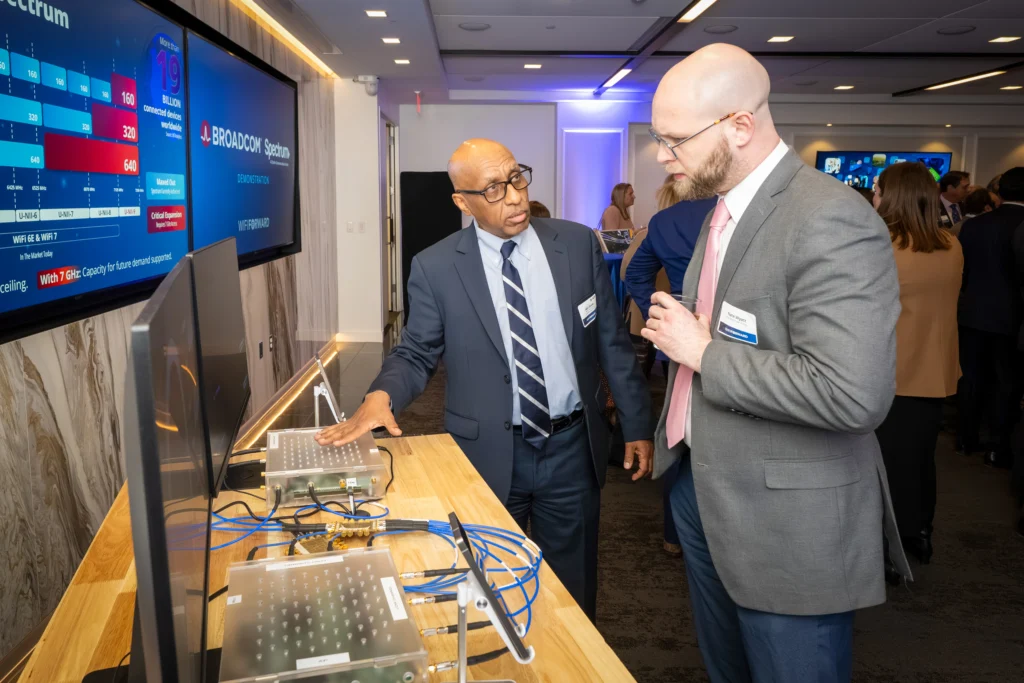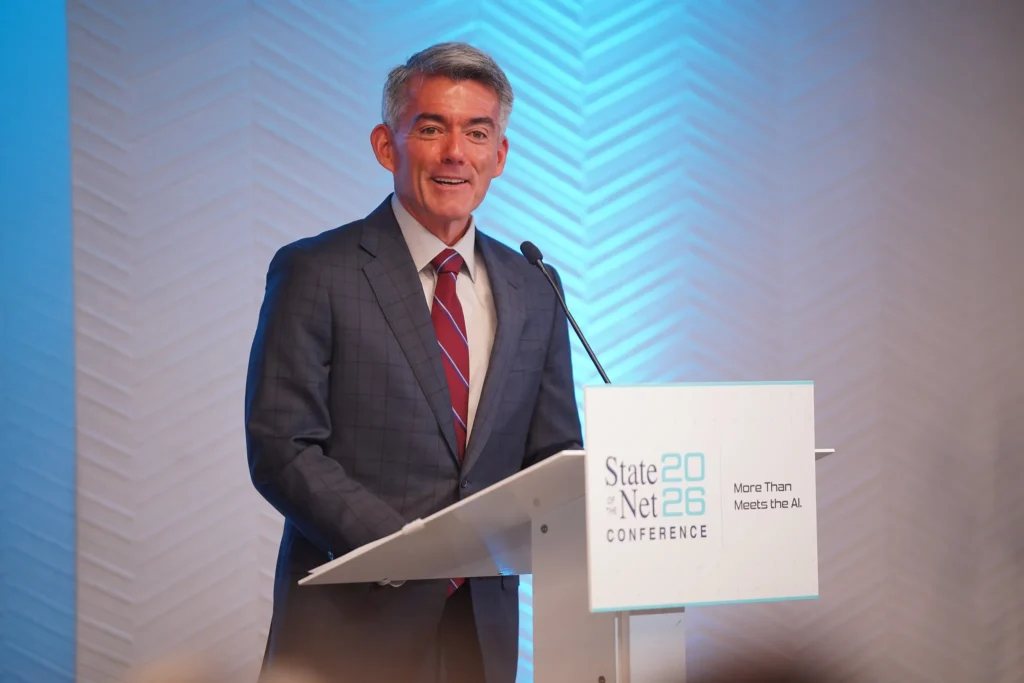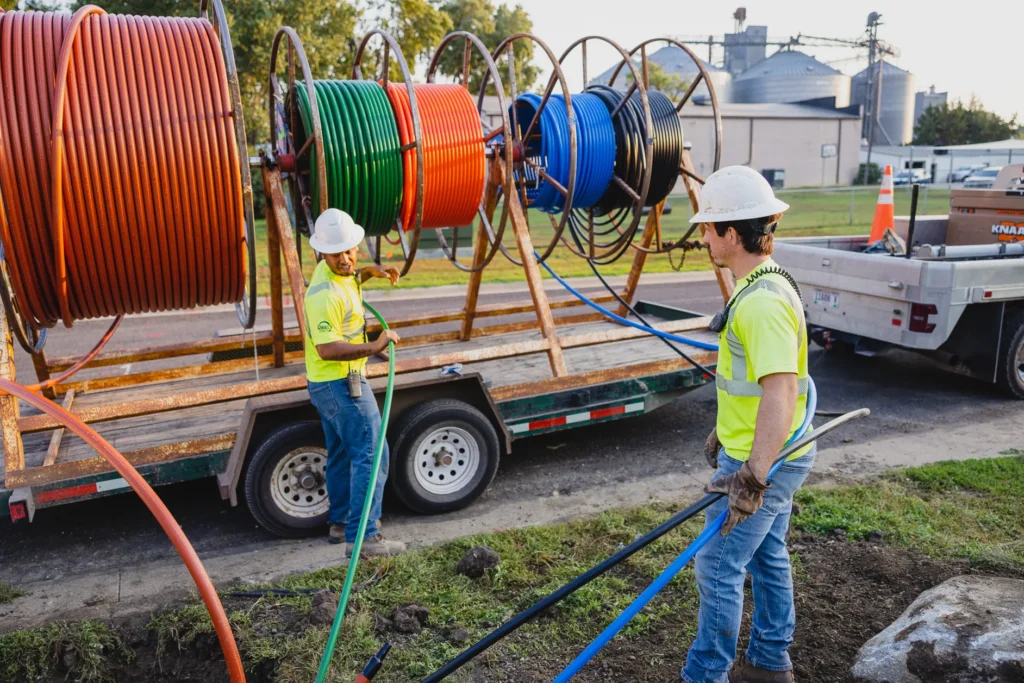The FCC proposal to restore a “light-touch” approach and reverse the 1930’s-era public utility regulation (Title II) imposed in 2015 has led to quite an outpouring of opinion (and unfortunately some very nasty online vitriol).
As representatives of America’s large and small internet providers who offer high-speed internet to 93 percent of U.S. homes in communities large and small, we want to make clear that the FCC’s actions are both sensible and rooted in decades of success.
In 2015, the former FCC unjustifiably departed from decades of bipartisan support and incredible success when it imposed the heavy-handed Title II regime on internet networks. One troubling outcome of that decision is a $3.6 billion decline in investment in just two years.
That is why we are gratified to support the FCC’s effort to restore the well-established Title I model, both because we feel it will lead to greater investment in broadband networks but it also will not impact the consumer internet experience. ISPs are screaming from the rooftops their support for the open internet and the commonly understood “net neutrality” principles of no blocking, throttling or unfair discrimination.
But we’re not the only ones who feel this way. Many journalists, policy experts, and analysts agree. Here’s what just a few had to say:
Hiawatha Bray writes in the Boston Globe that while massive internet corporations like Google and Netflix celebrated the FCC’s decision to regulate the internet under Title II, it is actually “regulatory overkill on a massive scale.” He went on to note that even the Electronic Frontier Foundation, a staunch Title II supporter, said the plan “sounds like a recipe for overreach and confusion.” Title II was agreed upon in part because the FCC promised to use its powers “with restraint” but as Bray reminds, “what about Wheeler’s successors? Armed with Title II, they could turn the internet into something like the old Bell System telephone monopoly.”
Ben Thompson writes on Stratechery.com that he’s in favor of net neutrality as well as the FCC’s actions, proving that a return to Title I regulations does not mean the end of net neutrality principles. He writes, “the Internet has been the single most important driver of not just economic growth but overall consumer welfare for the last two decades. Given that all of that dynamism has been achieved with minimal regulatory oversight, the default position of anyone concerned about future growth should be maintaining a light touch.” He reminds that he thinks net neutrality is “the only way the Internet can function at scale, and innovation is how we will survive the Internet-driven transformation that is only just beginning. It is that belief, though, that compels me to push back against this specific regulation, no matter how much I agree with its associated catchphrase.”
Eddie Mattout and Anna Mitchell write in The Stanford Review that had the internet been subject to the FCC’s Title II regulations over the past two decades, Skype, FaceTime, WhatsApp and similar services might not even exist today. This is because in the earlier days, ISPs were free to develop and innovate on their own: “The result? Internet companies have been forced to innovate at a rapid rate to keep up with competitors. The United States has seen nearly one and a half trillion dollars in private investments for cable, mobile, fiber, and next-generation copper/fiber hybrid services. Eleven of the world’s top fifteen Internet businesses, most of which were started in the last decade, have come from the United States.”
And Larry Downes reminds readers in Forbes that “ISPs have little business incentive to destroy the Internet, and that in most of the U.S. consumers can and do easily switch companies if they object to the network management practices of their current broadband provider—a potent prophylactic. (According to recent data, over 75% of Americans have a choice of two or more providers even at the highest speeds.)” He also notes that Title I rules led to trillions of dollars in economic value all while there were “no enforceable net neutrality rules. The FCC did not police ISP network management practices or prohibit specific conduct. That was left to the Federal Trade Commission using general consumer protections and anti-competition laws.”
As the conversation and debate continues on the important issue of internet regulation, we hope more people see there’s no need to panic. Whether regulated under Title I or Title II, ISPs have a vested interest in not blocking, throttling, or prioritizing content. Not only because it makes better business sense to leave the internet open, but because customers clearly want it. But with Title I, investment, opportunity, and access can flourish.









